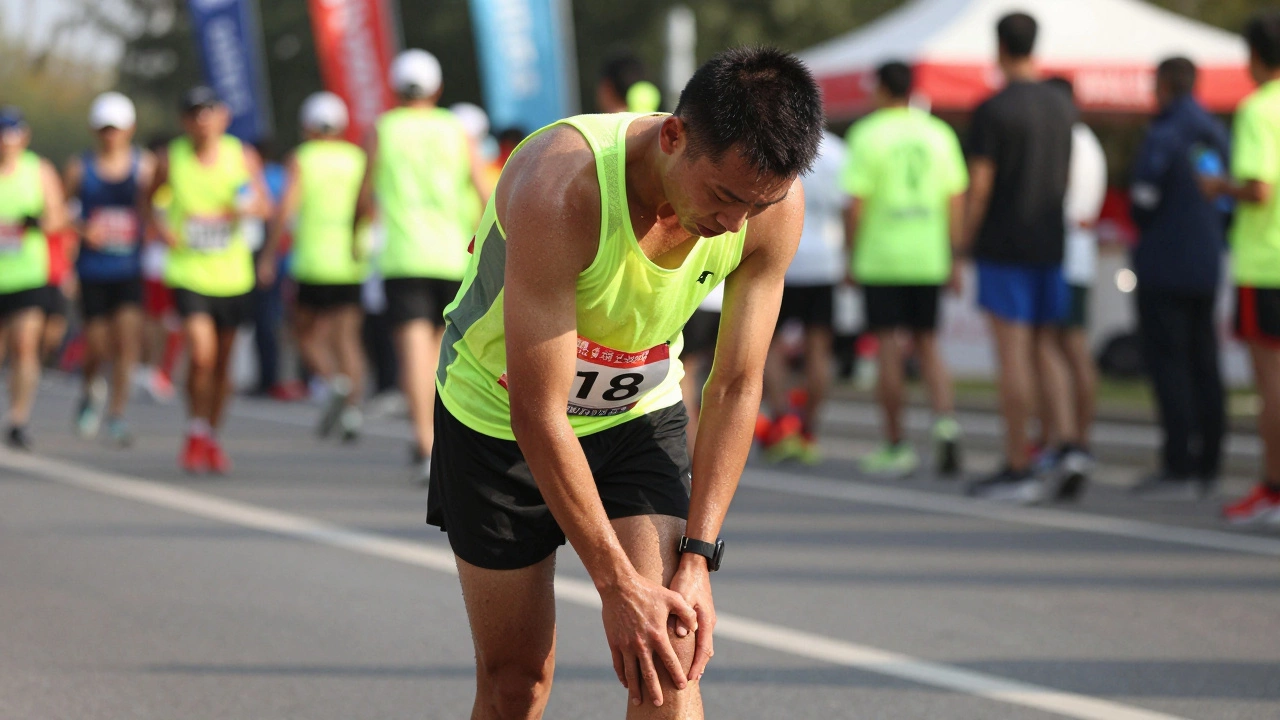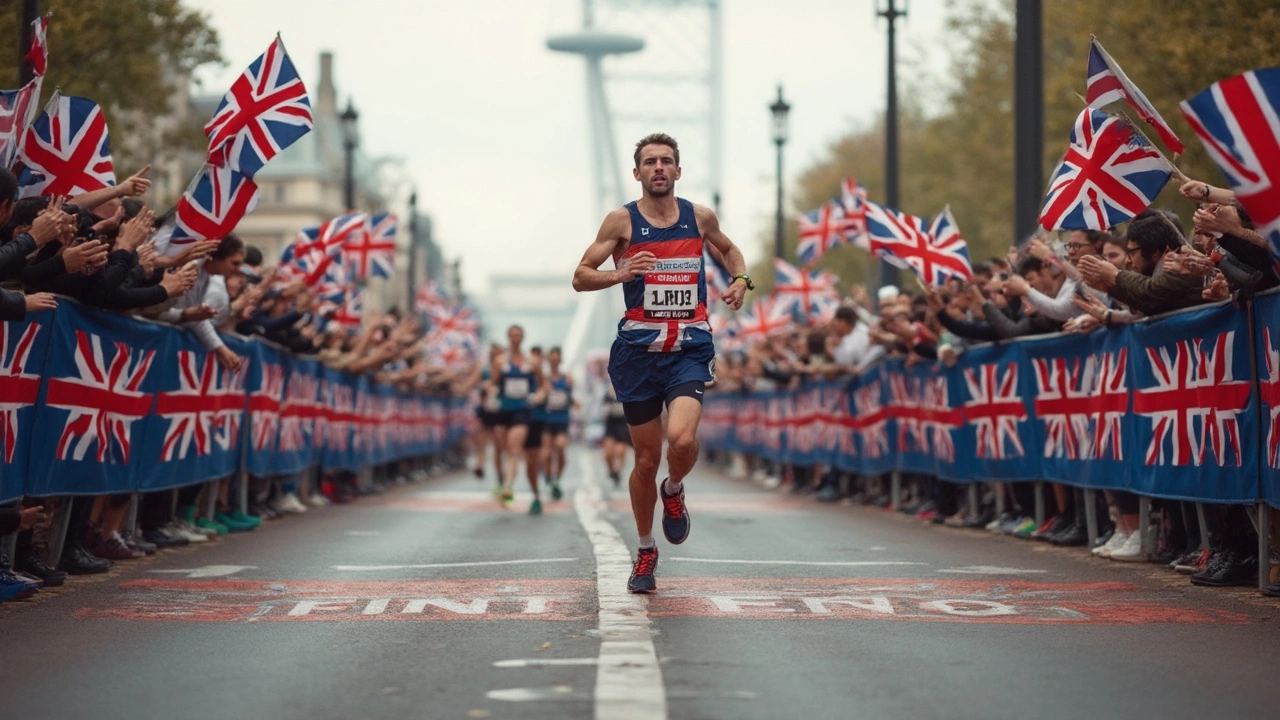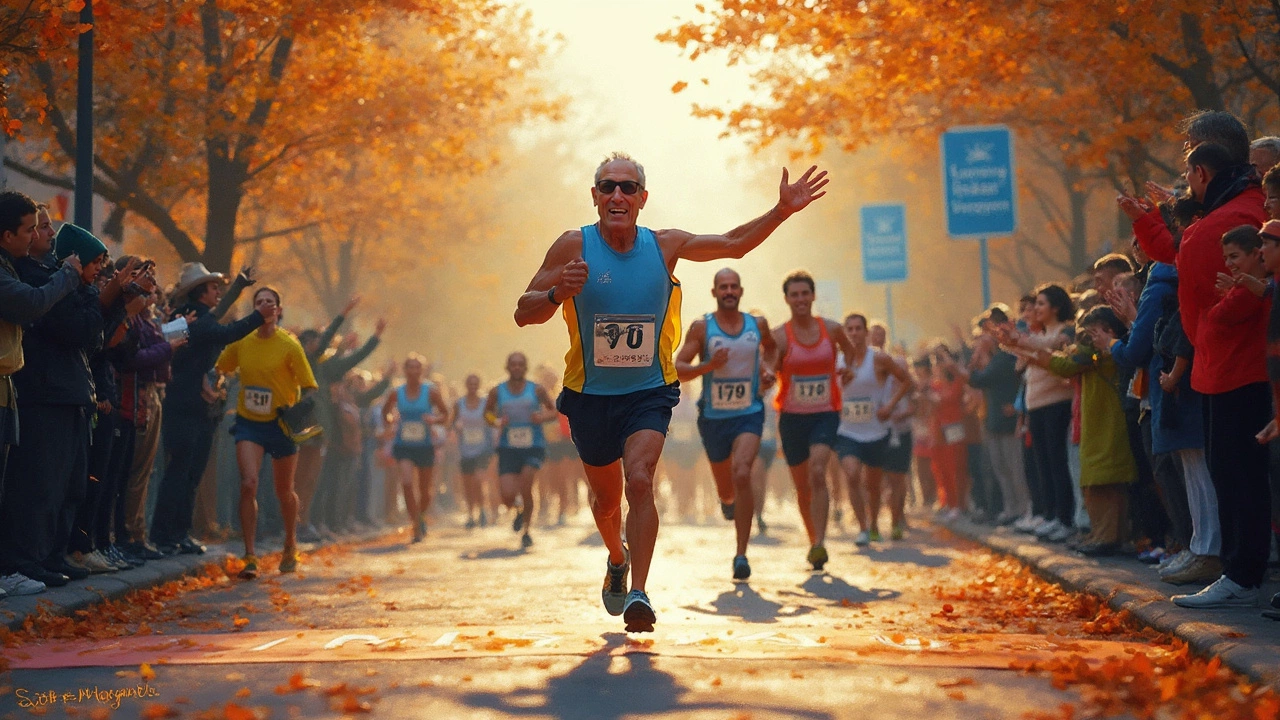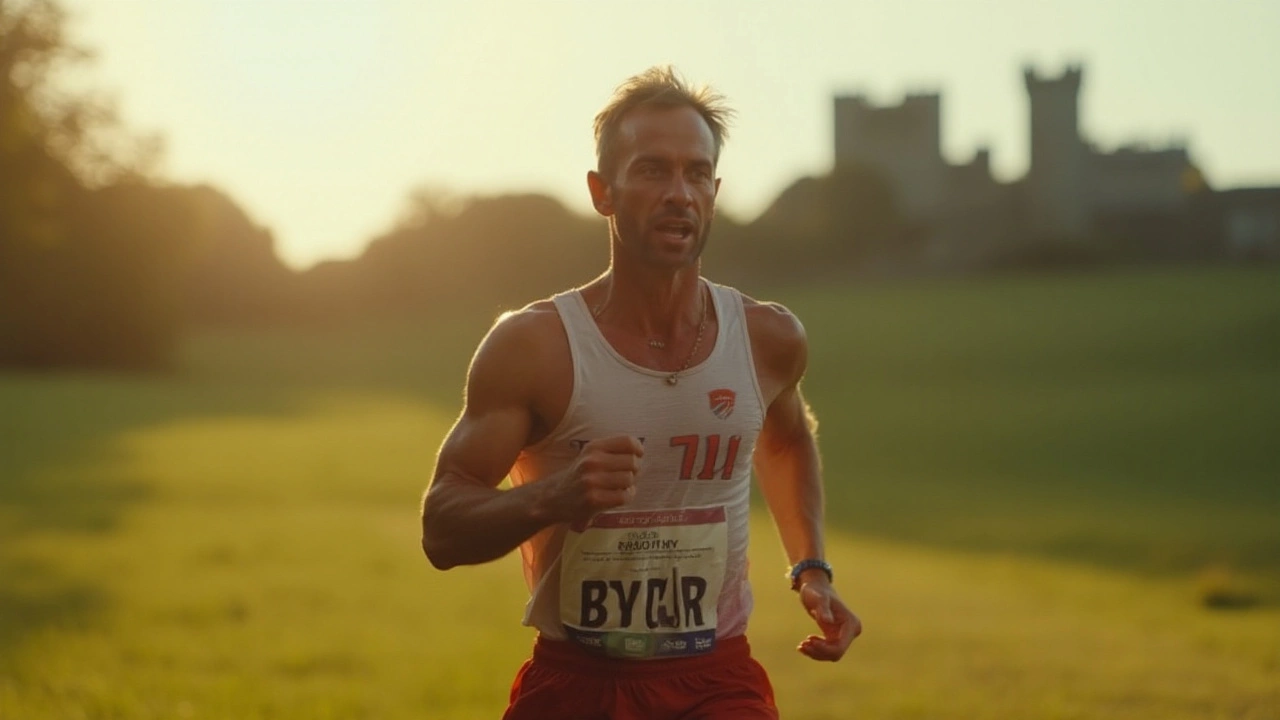
Marathon Training, Race Day Tips & 48‑Hour Recovery Guide
If you’re eyeing a marathon, the first step isn’t buying a new pair of shoes – it’s building a plan that fits your life. Start by mapping out 12‑16 weeks of training, mixing short easy runs with one long run each week. Keep the long run at a comfortable pace; it’s better to finish a 15‑km run feeling good than to sprint a 20‑km run and crash.
Weekly mileage should rise by no more than 10% to avoid injury. A typical week might look like: 3‑4 easy runs (5‑8 km each), a speed session (intervals or tempo for 6‑10 km), and a long run that adds 2‑3 km every two weeks. Listen to your body – if you feel sharp pain, back off and rest.
Nutrition is the silent trainer. Eat a balanced mix of carbs, protein, and healthy fats every day. On long‑run days, practice your race‑day fuel: a banana, a gel, or a sports drink about 30 minutes before you start, then repeat every 45‑60 minutes. Hydration matters too – sip water or an electrolyte drink, but don’t overdo it.
What to Expect on Race Day
Race morning can feel chaotic, but a simple routine keeps nerves in check. Wake up early, have a light carb breakfast (oatmeal, toast with jam), and finish eating at least two hours before the start. Arrive 45‑60 minutes early to locate the start area, use the restroom, and do a quick warm‑up jog.
Start at a pace that feels easy; many runners burn out by chasing the crowd. Use a GPS watch to stay within 5‑10 seconds per kilometre of your target pace. Mid‑race, grab water at every aid station, but only drink when you’re thirsty. If you need extra carbs, a gel every 45 minutes works well. Keep a positive mindset – talk to other runners, break the race into smaller sections, and celebrate each kilometre you complete.
48‑Hour Recovery Plan After a Marathon
Crossing the finish line is thrilling, but the next 48 hours decide how quickly you bounce back. Immediately after the race, keep moving for 10‑15 minutes – a gentle walk helps flush out lactic acid and reduces stiffness.
Within 30 minutes, refuel with a 3:1 ratio of carbs to protein (like a chocolate milk or a recovery shake). This jump‑starts muscle repair. Ice your calves and shins for 15 minutes if they feel tight, then stretch slowly focusing on hamstrings, quads, and hips.
Day one after the marathon, aim for active recovery: a light bike ride, an easy swim, or a yoga session. Keep intensity low – you’re not training, you’re healing. Hydrate throughout the day, and eat anti‑inflammatory foods like berries, fish, and leafy greens.
Day two, you can add a short, easy jog (3‑5 km) if you feel up to it, but stop if you notice pain. Continue to prioritize sleep – 8‑10 hours each night speeds tissue repair. By the end of the second day, most runners feel less sore, and you can start planning your next training block.
Remember, every runner recovers differently. Adjust the plan to match how your body feels, and don’t rush back into hard workouts. With the right training, race‑day strategy, and recovery routine, you’ll be ready for your next marathon in no time.


Is 4 Hours a Fast Marathon? Practical Truths for Runners

The Slowest Marathon Time You Can Run: Exploring Your Pace
